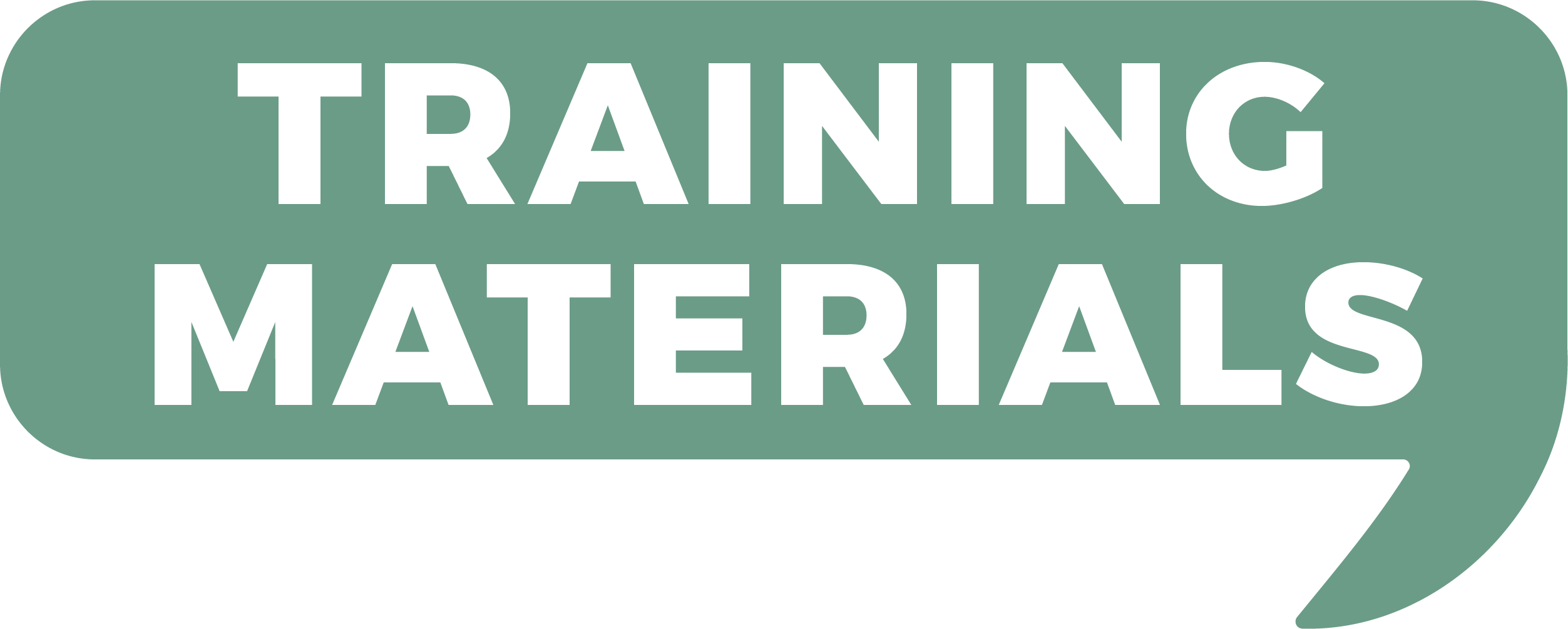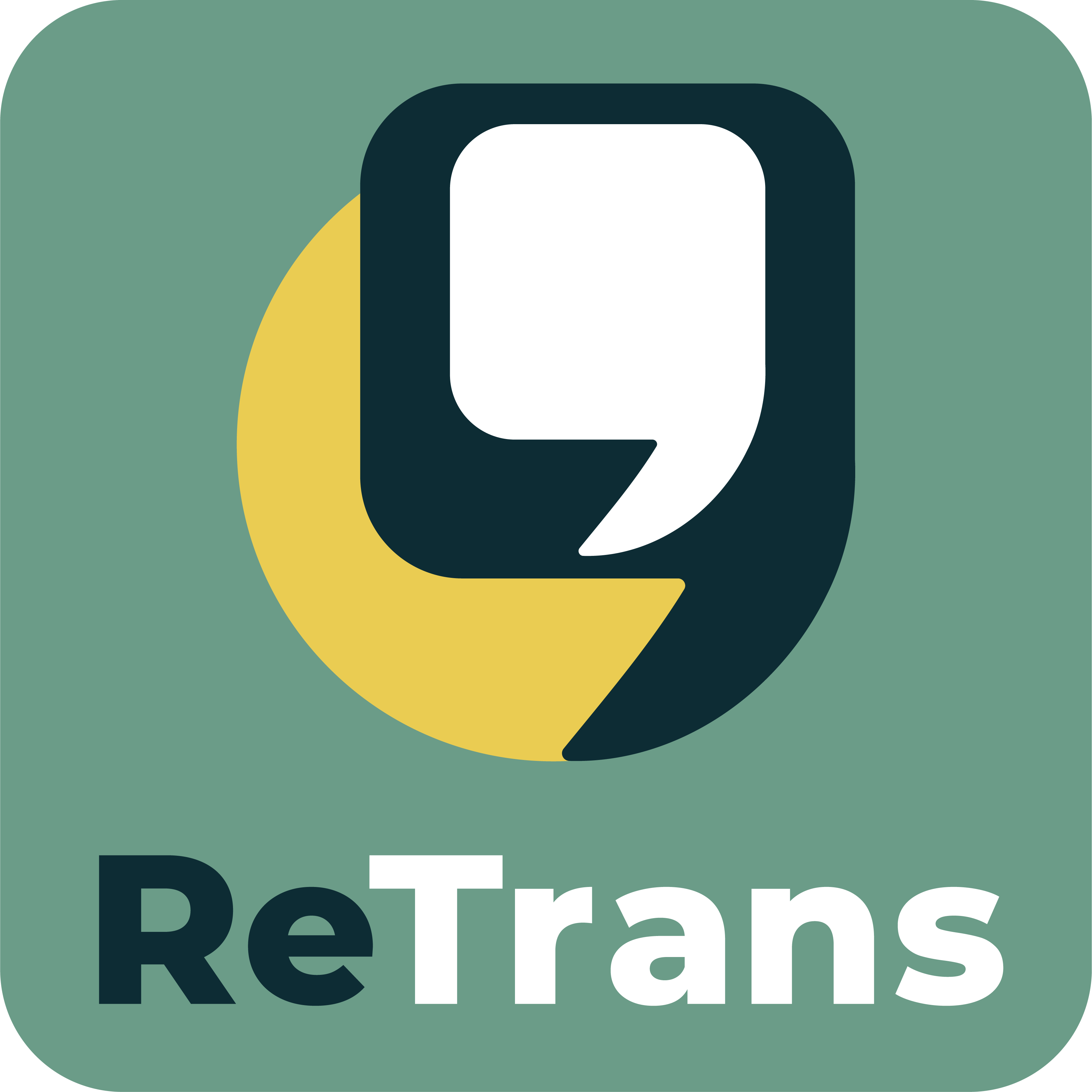
The following training video on public service interpreting was produced by students at the Ionian University in Greece. The postgraduate students approach various topics such as professionalism, cultural awareness, and key qualities of public service interpreters from an entertaining perspective. The training video is followed by detailed instructions for group discussions and hypothetical scenarios.
Training video 1: “What Is Public Service Interpreting and What Is It Not”
Please answer the questions below. Feel free to talk about the issues and circumstances that influence your answers.
- 1) Can you think of other contexts in which public service interpreters work?
- 2) “Public service interpreters should not omit or alter anything being said during the process.” Do you agree with this statement? Why do you (dis)agree?
- 3) Can public service interpreters always remain impartial? What ethical challenges can arise from the principle of impartiality? Please give some examples.
- 4) What are some of the ethical challenges faced by public service interpreters in the asylum process?
Credits:
Chatzistefanou Nefeli, Gkonopoulou Olina, Valantasi-
Kanellou Maria – Students from the Ionian University, Department of Foreign Languages, Translation and Interpreting
Suggested citiation: Chatzistefanou Nefeli, Gkonopoulou Olina, Valantasi-Kanellou Maria (2023) “ReTrans Student Video: What Is Public Service Interpreting and What Is It Not”. Produced by students from the Ionian University, Department of Foreign Languages, Translation and Interpreting, Greece. Available at https://youtu.be/zaMUm7R2BoU
